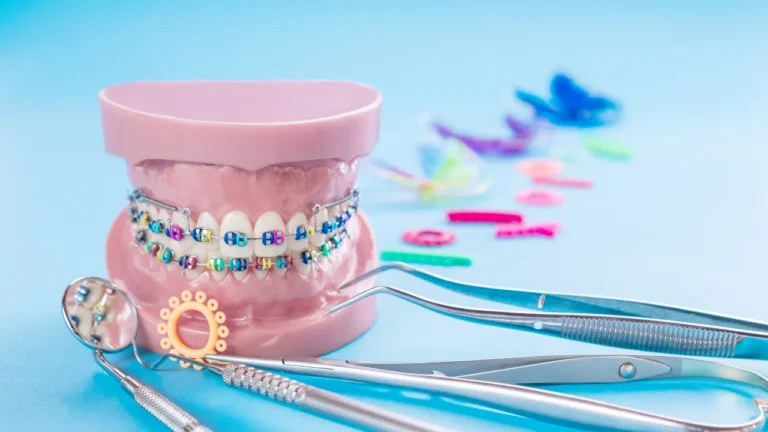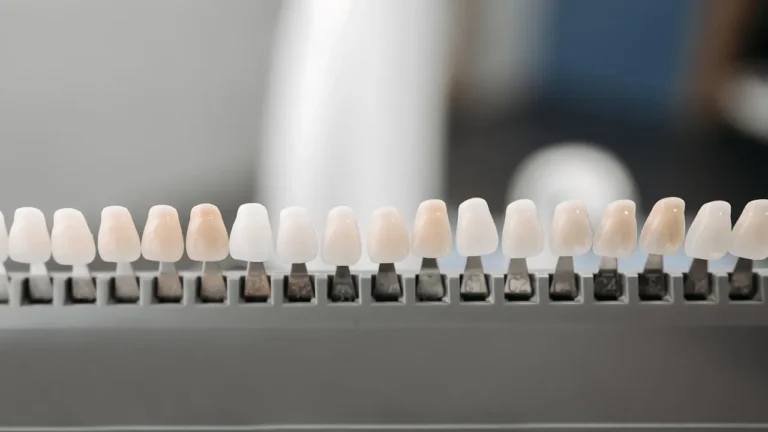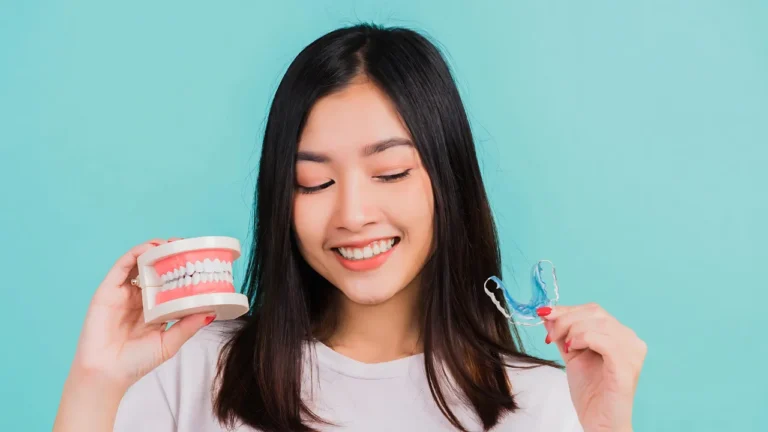Stop Teeth Grinding In Pretoria: MAC Dental Studio
Alleviate teeth grinding with customized night guards at MAC Dental Studio in Pretoria. Protect your teeth and enjoy restful sleep.
Exceptional Dental Care
With Skilled Professionals
Experience top-notch dental care with our dedicated team at Mac Dental Studios, where your health and comfort are our priorities.
1. Schedule Your Visit
Easily book your appointment through our user-friendly website and choose a time that fits your schedule.
2. Personalized Consultation
During your visit, our experienced dentists will thoroughly assess your dental health and discuss personalized treatment options with you.
3. Achieve Your Ideal Smile
We will create a customized treatment plan tailored to your needs, helping you achieve and maintain a healthy, beautiful smile.
Easily Book Your Dental Appointment
Teeth Grinding: Causes, Symptoms, and Treatments
Teeth grinding, also known as bruxism, is a condition where you grind, gnash, or clench your teeth unconsciously, often during sleep.
If left untreated, it can lead to serious dental problems and overall discomfort. Let’s dive into the causes, symptoms, and treatments for teeth grinding, and how you can prevent it.
Causes of Teeth Grinding
- Stress and Anxiety: One of the primary triggers for teeth grinding is stress and anxiety. People under stress are more likely to clench their jaws and grind their teeth, especially at night.
- Sleep Disorders: Conditions like sleep apnea and snoring can contribute to bruxism. Those with sleep disorders often experience disrupted sleep patterns, leading to teeth grinding.
- Abnormal Bite or Missing/Crooked Teeth: An improper bite or dental misalignment can cause teeth to rub against each other uncomfortably, leading to grinding.
- Lifestyle Factors: Excessive consumption of alcohol and caffeine, as well as smoking, can increase the risk of teeth grinding.
- Medications and Other Health Conditions: Certain medications, particularly antidepressants, and conditions like Parkinson’s disease can contribute to bruxism.
Symptoms of Teeth Grinding
- Worn Tooth Enamel: Grinding can wear down the enamel, exposing the inner layers of the tooth and leading to sensitivity.
- Increased Tooth Sensitivity: Due to the wearing down of enamel, teeth can become more sensitive to hot and cold temperatures.
- Jaw Pain or Tightness: Persistent grinding can cause jaw muscles to become sore and tight, often leading to pain.
- Headaches: Frequent headaches, especially upon waking, can be a symptom of nighttime teeth grinding.
- Disrupted Sleep: Teeth grinding can lead to restless sleep, affecting overall sleep quality and leaving you feeling tired during the day.
Diagnosis of Teeth Grinding
- Dental Examination: A dentist can identify signs of bruxism, such as tooth damage or jaw pain, during a routine check-up.
- Patient History and Symptom Discussion: Discussing your symptoms and medical history with your dentist can help in diagnosing bruxism.
- Sleep Studies: In some cases, a sleep study may be recommended to determine if sleep disorders are contributing to the grinding.
- Use of Diagnostic Tools: X-rays and other diagnostic tools can help assess the extent of damage caused by teeth grinding.
Treatments for Teeth Grinding
- Stress Management Techniques: Techniques such as meditation, yoga, and counseling can help manage stress, reducing the incidence of bruxism.
- Mouth Guards and Splints: Custom-fitted dental appliances can protect your teeth from grinding while you sleep.
- Dental Corrections: Procedures like braces or aligners can correct bite issues and reduce teeth grinding.
- Medication for Pain Relief: Over-the-counter pain relievers can help alleviate jaw pain and headaches associated with bruxism.
- Lifestyle Changes: Reducing alcohol and caffeine intake, quitting smoking, and maintaining a healthy sleep routine can help minimize teeth grinding.
Expert Insights on Teeth Grinding
Dr. Sipho Dlamini, a leading dentist in Johannesburg, explains, “Teeth grinding is often a response to stress and can be effectively managed with a combination of stress relief techniques and dental appliances.”
Dr. Thandi Mkhize, another expert from Cape Town, mentions, “Early diagnosis and treatment of bruxism can prevent more severe dental issues down the line.”
Preventive Measures
- Regular Dental Check-ups: Visiting your dentist regularly can help catch early signs of bruxism and prevent further damage.
- Stress Reduction Practices: Engaging in regular exercise, practicing relaxation techniques, and seeking therapy can help manage stress levels.
- Good Sleep Hygiene: Maintaining a regular sleep schedule and creating a relaxing bedtime routine can improve sleep quality and reduce grinding.
- Avoiding Alcohol and Caffeine Before Bedtime: Cutting down on these substances, especially in the evening, can help reduce teeth grinding.








